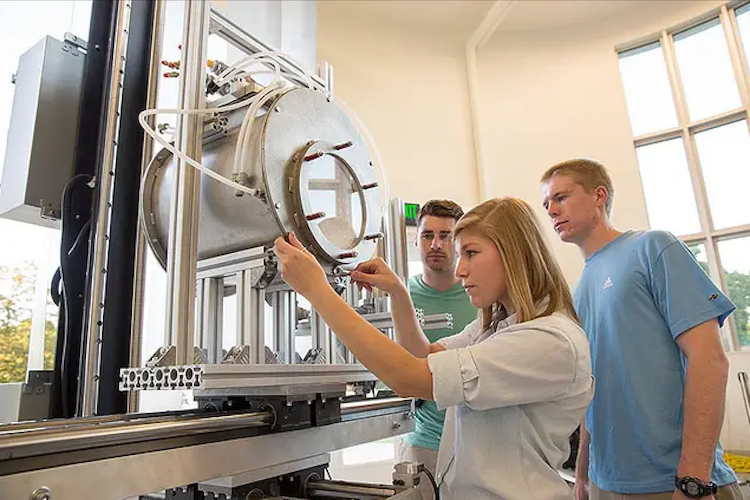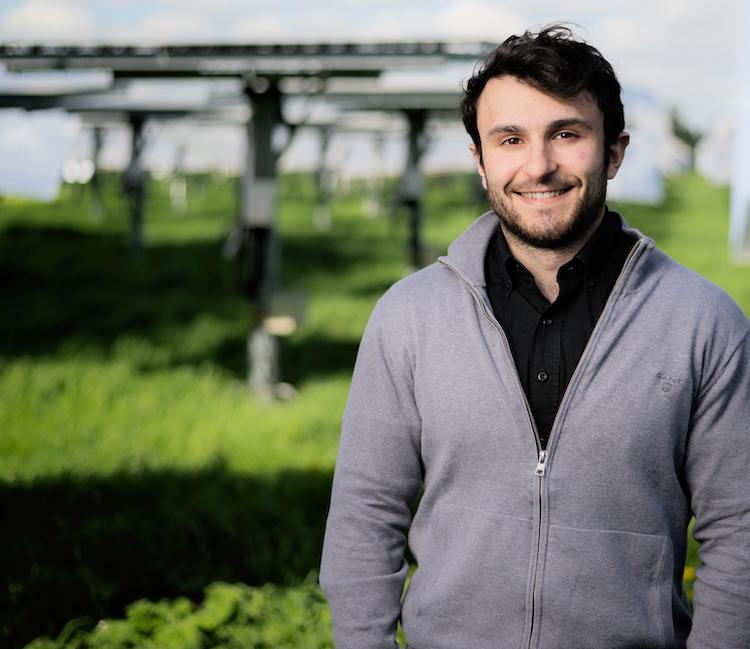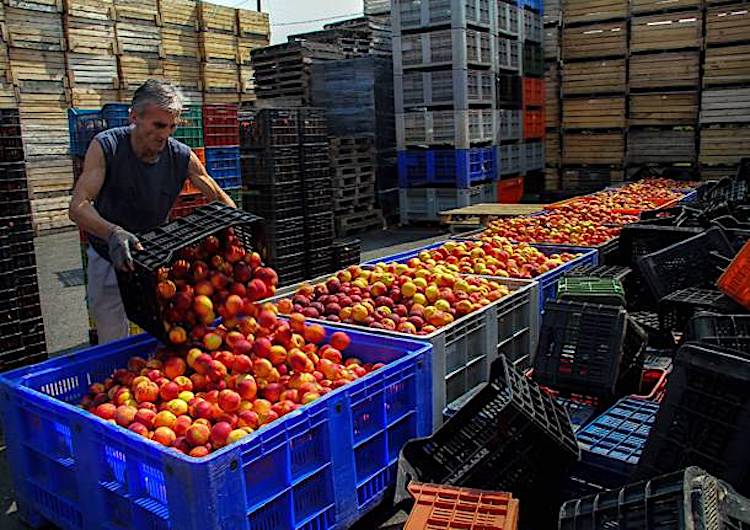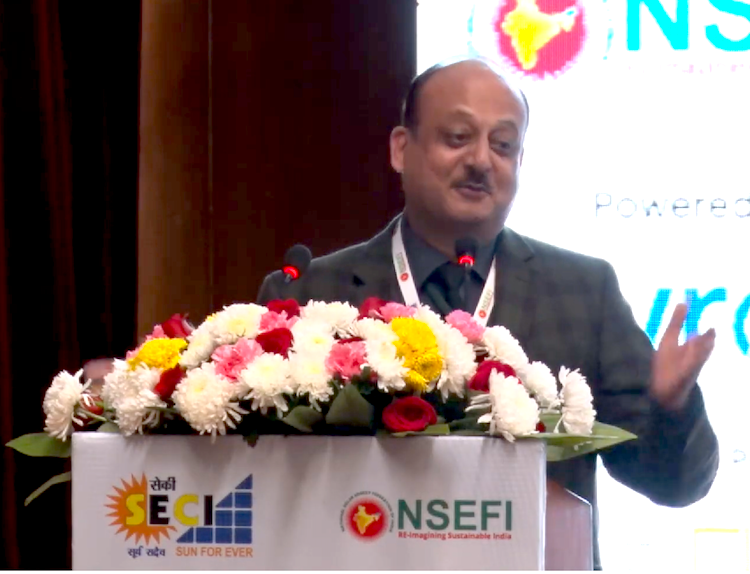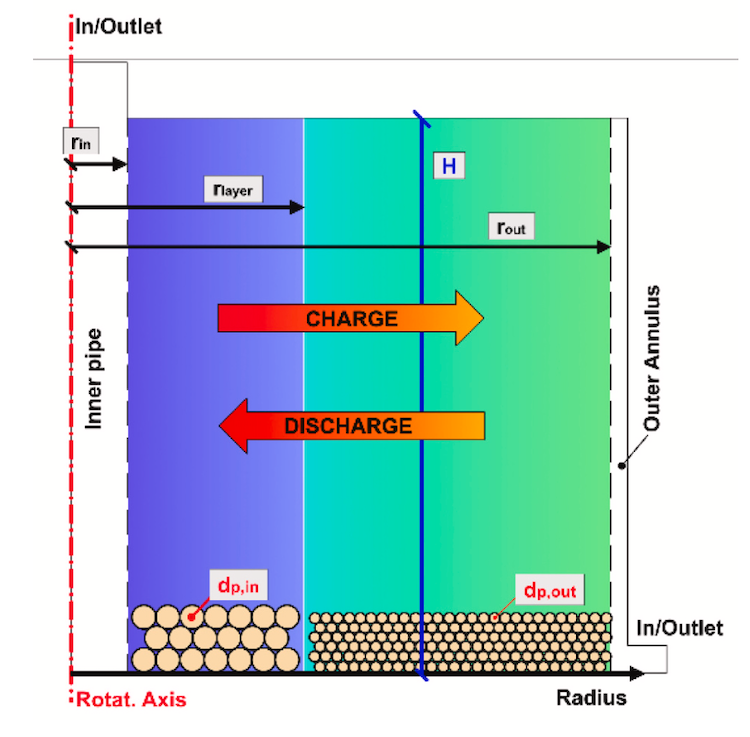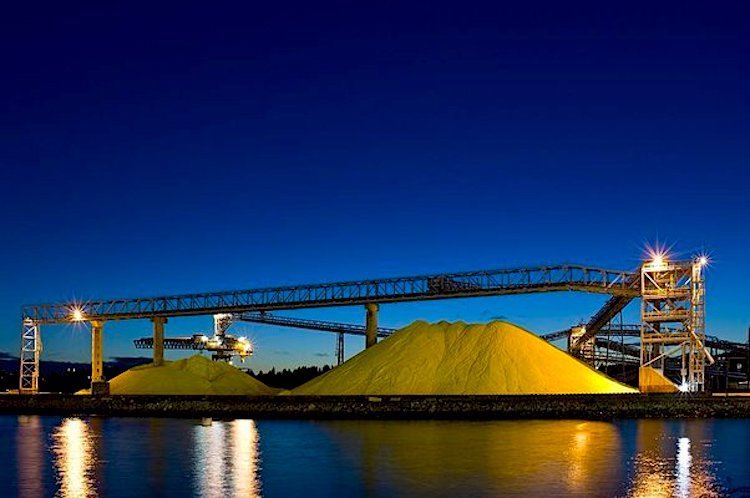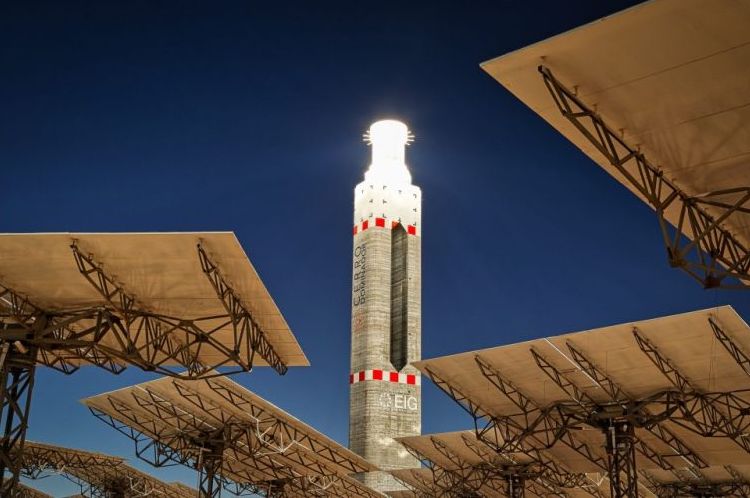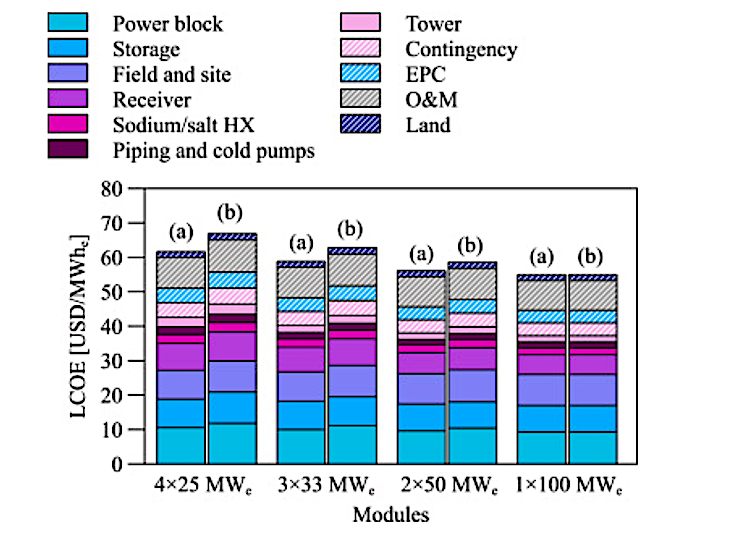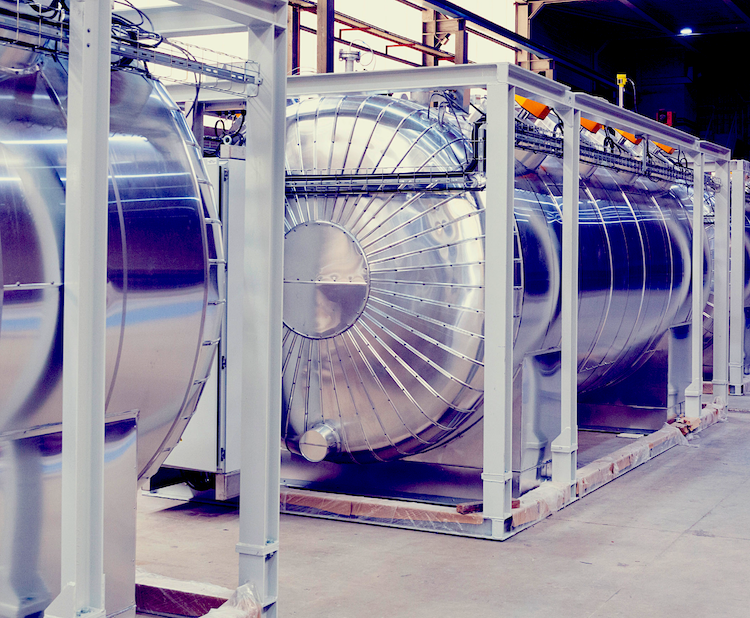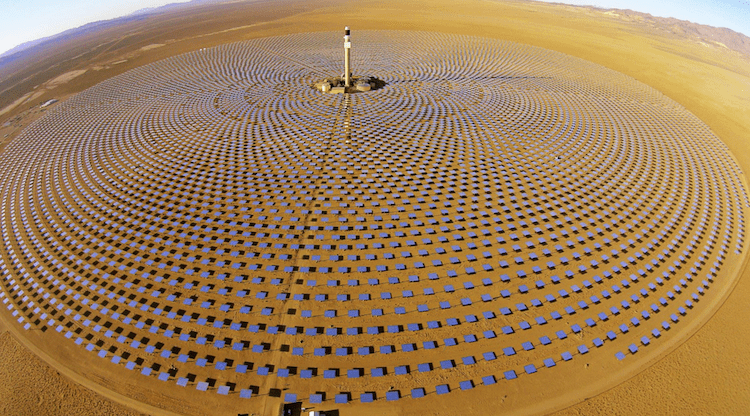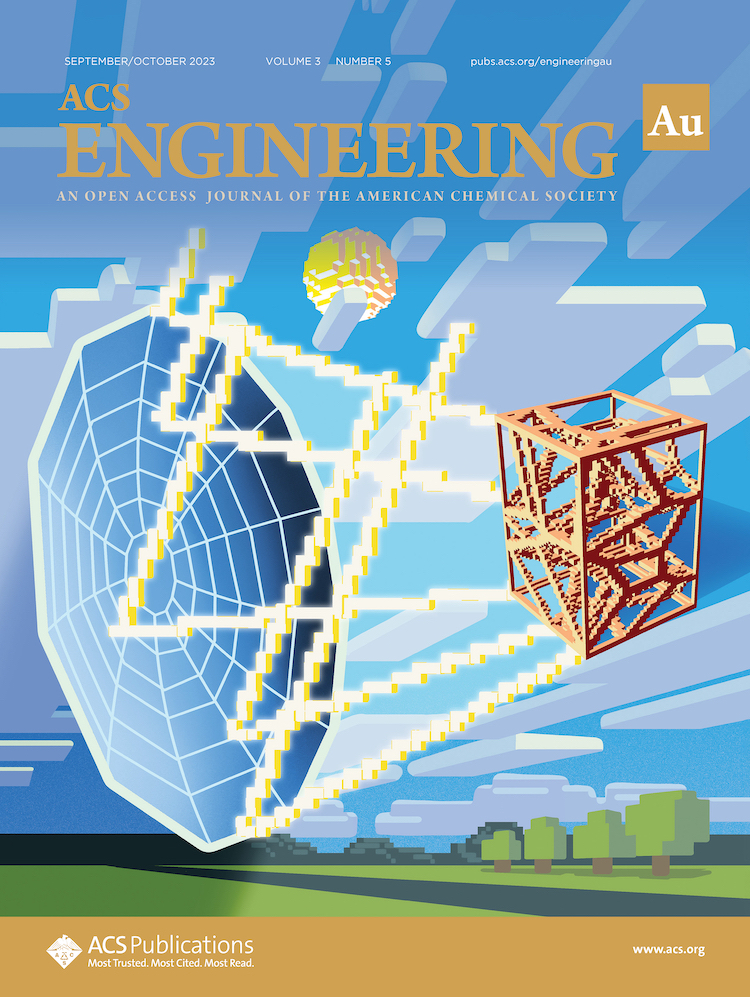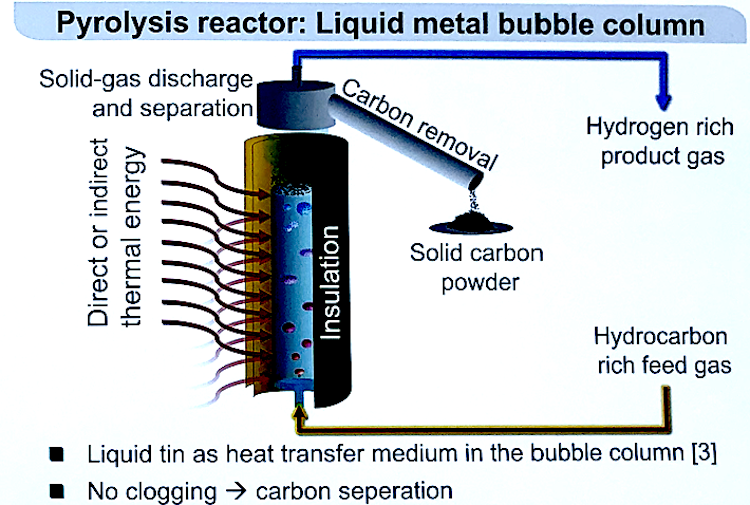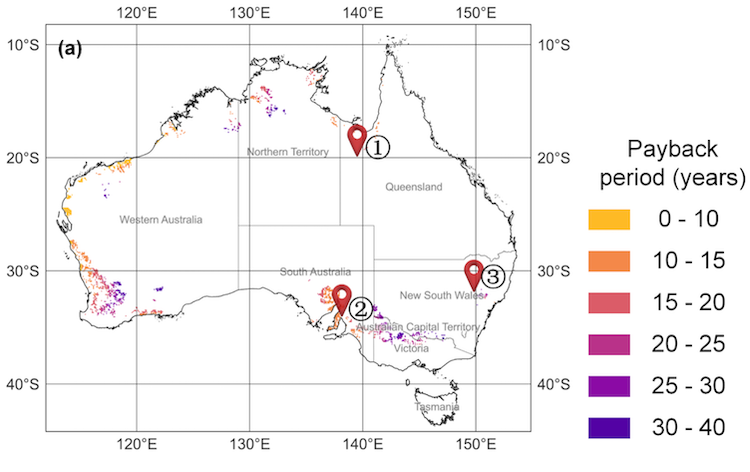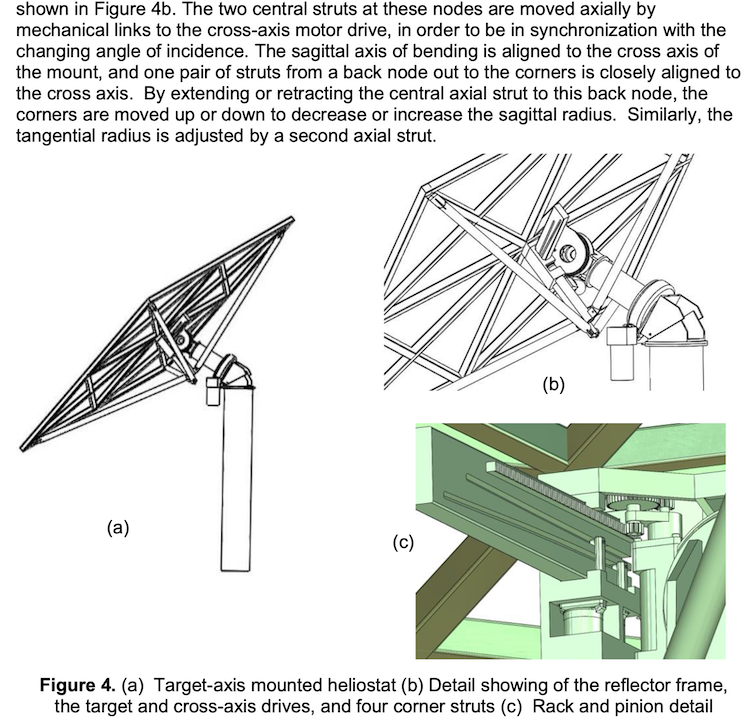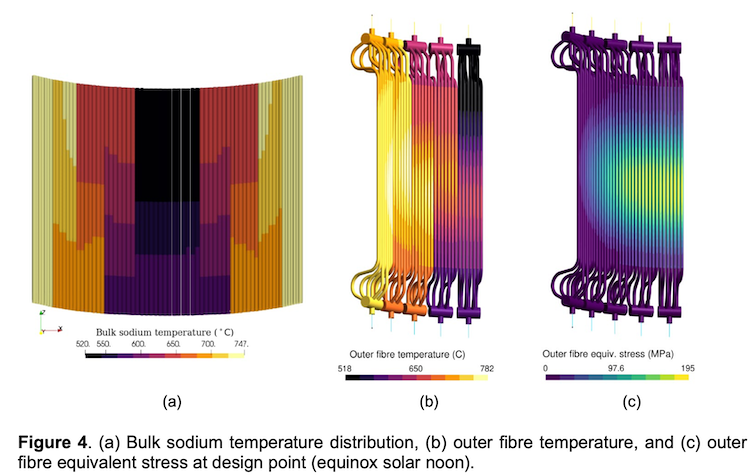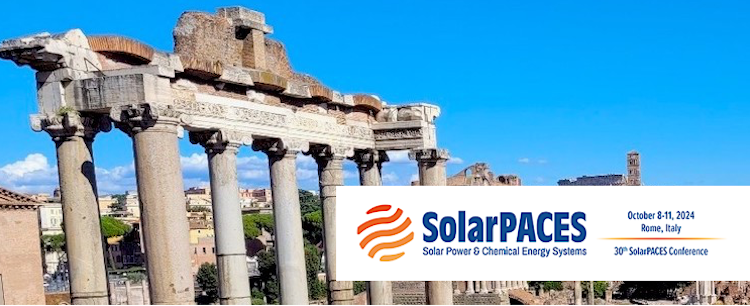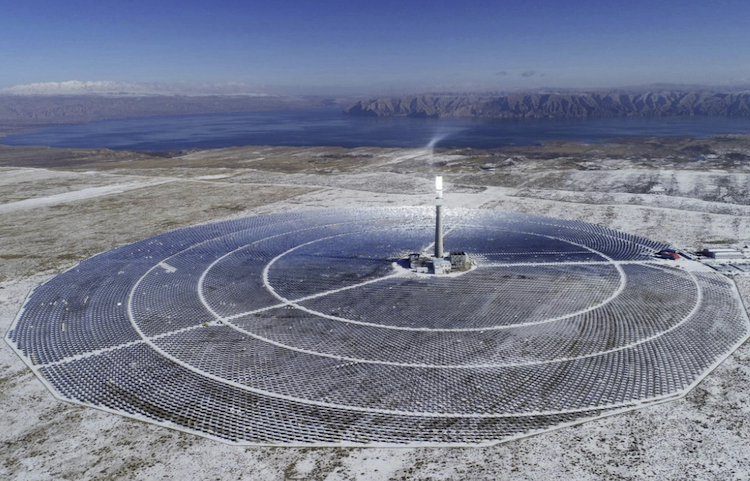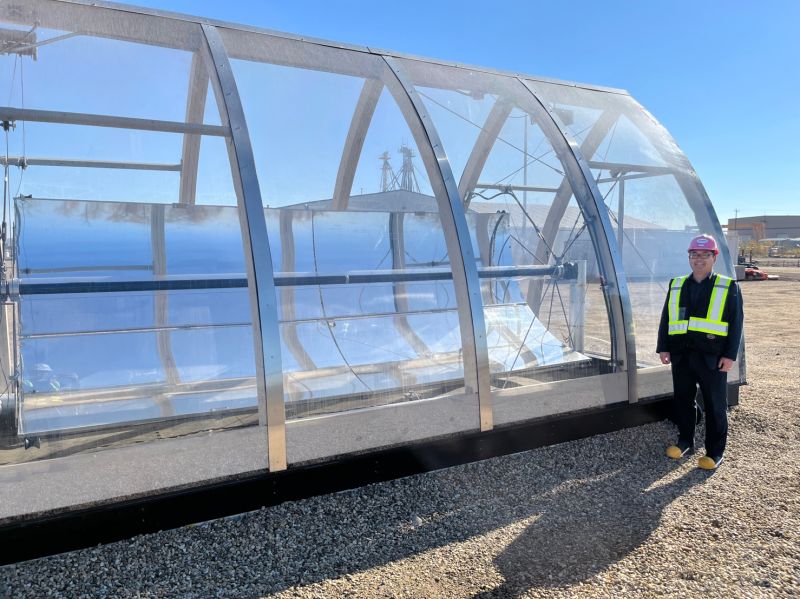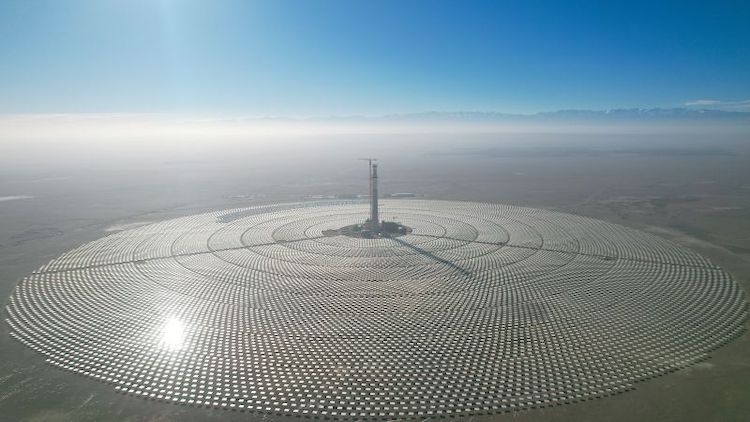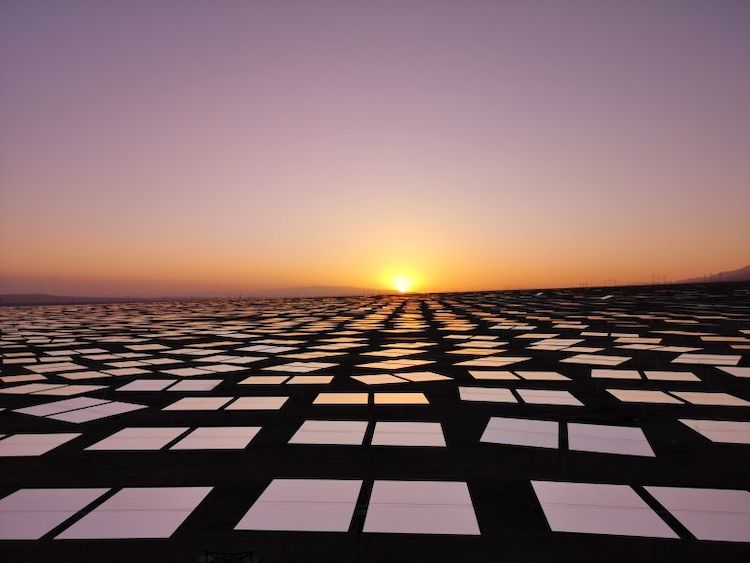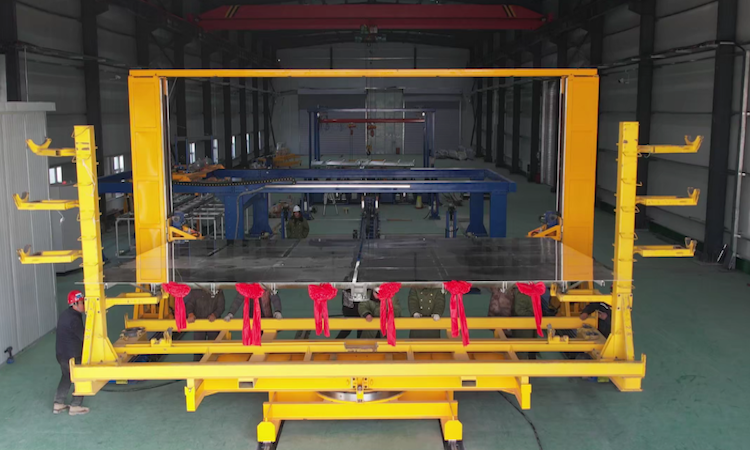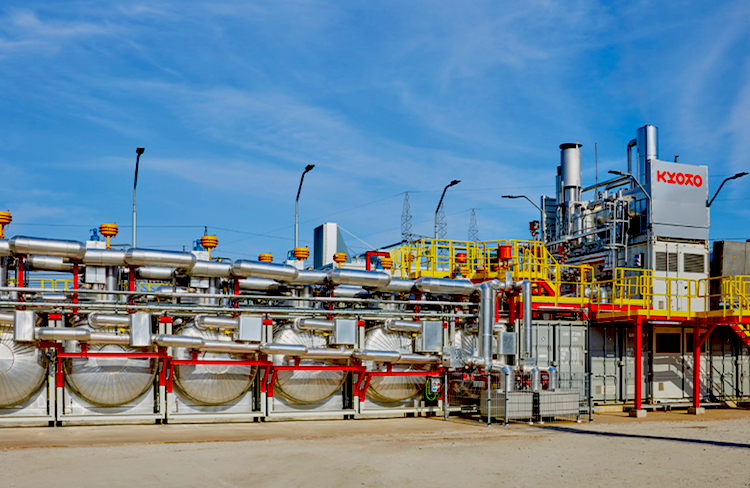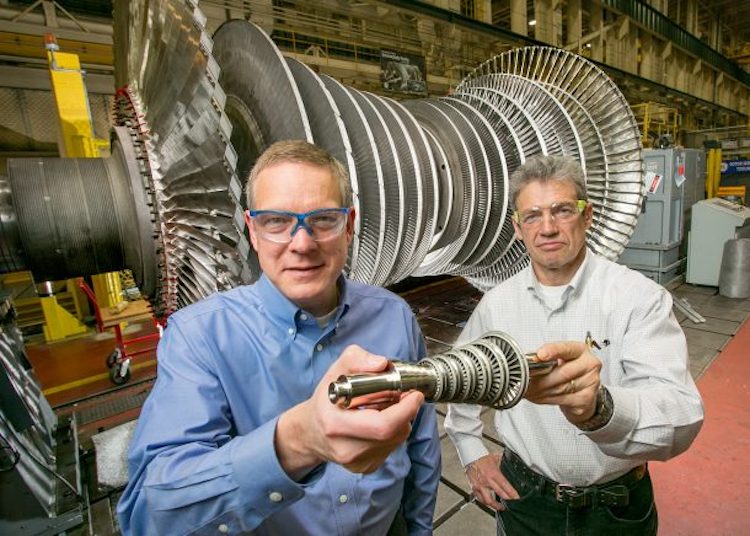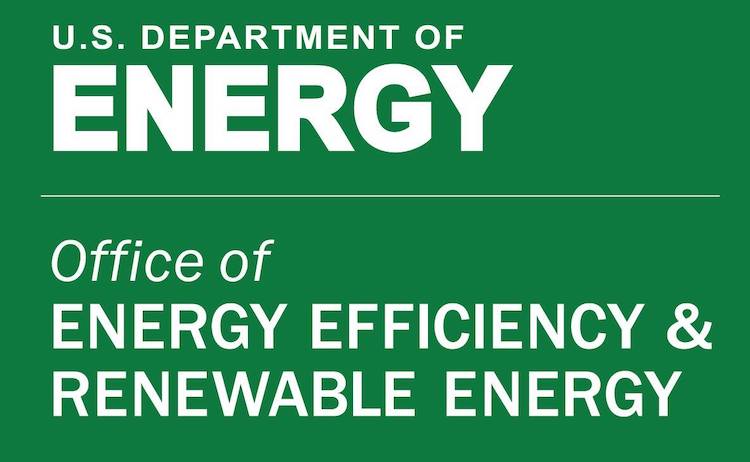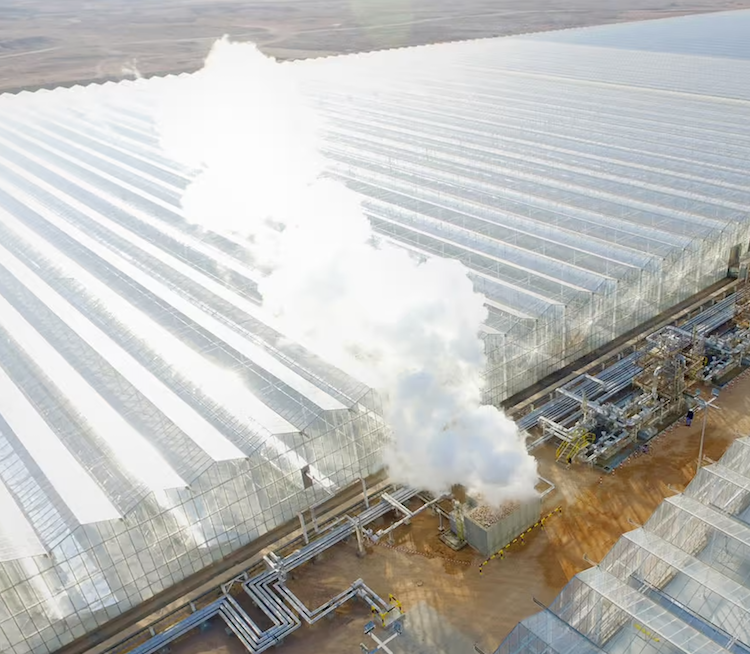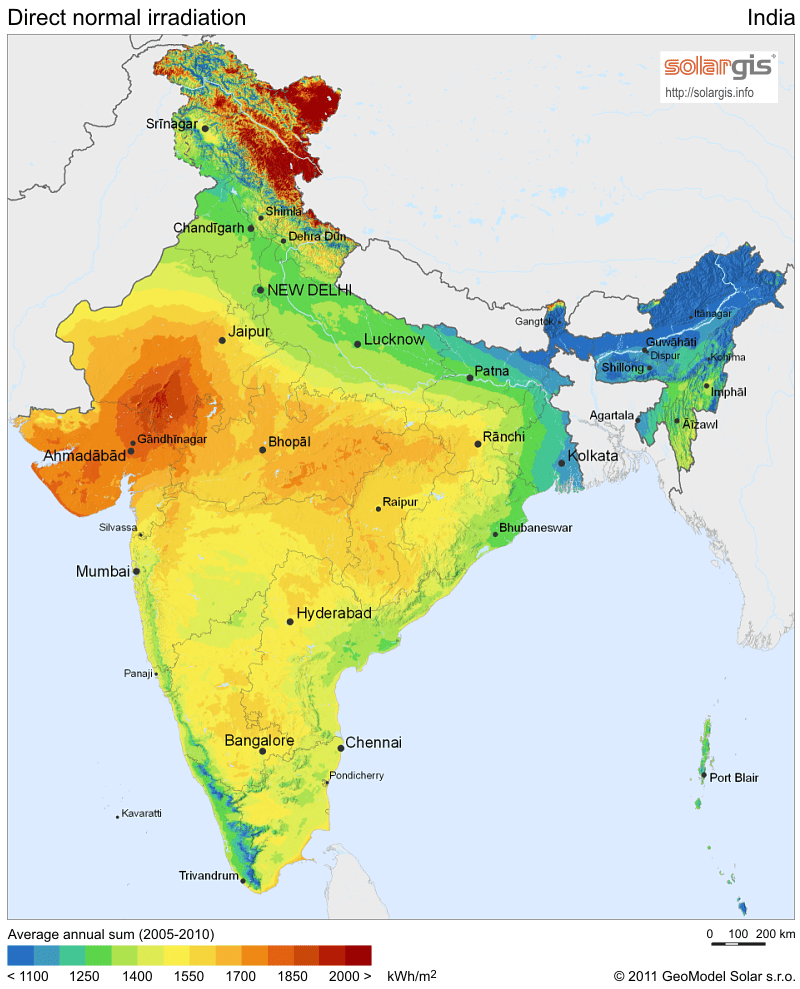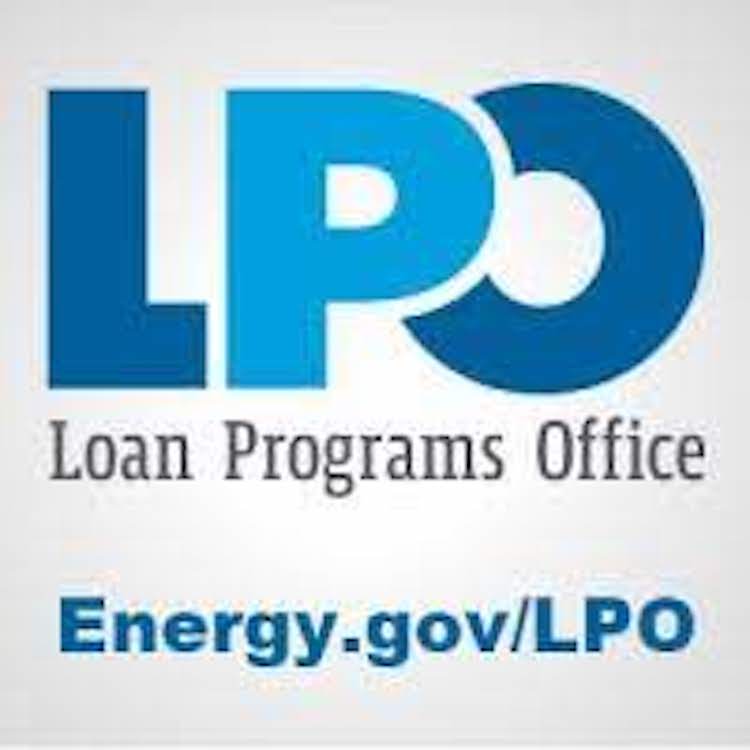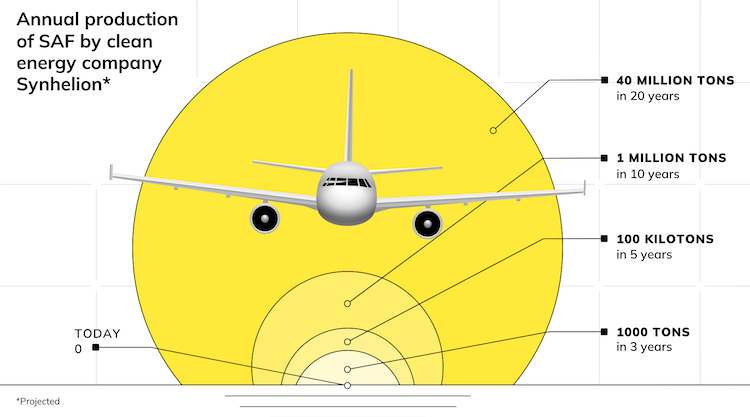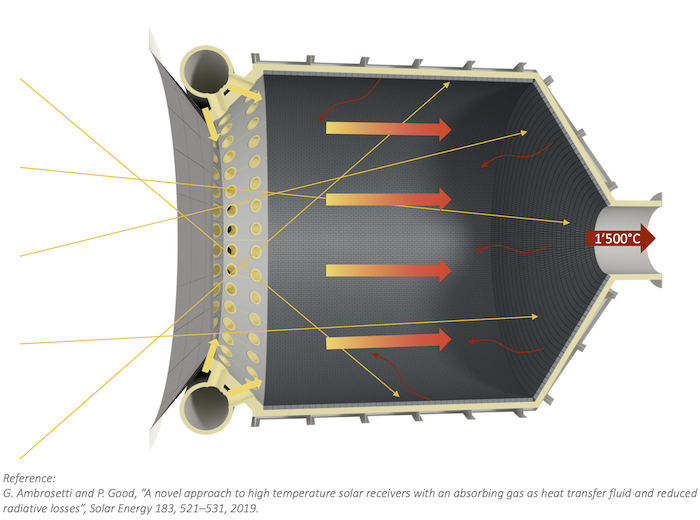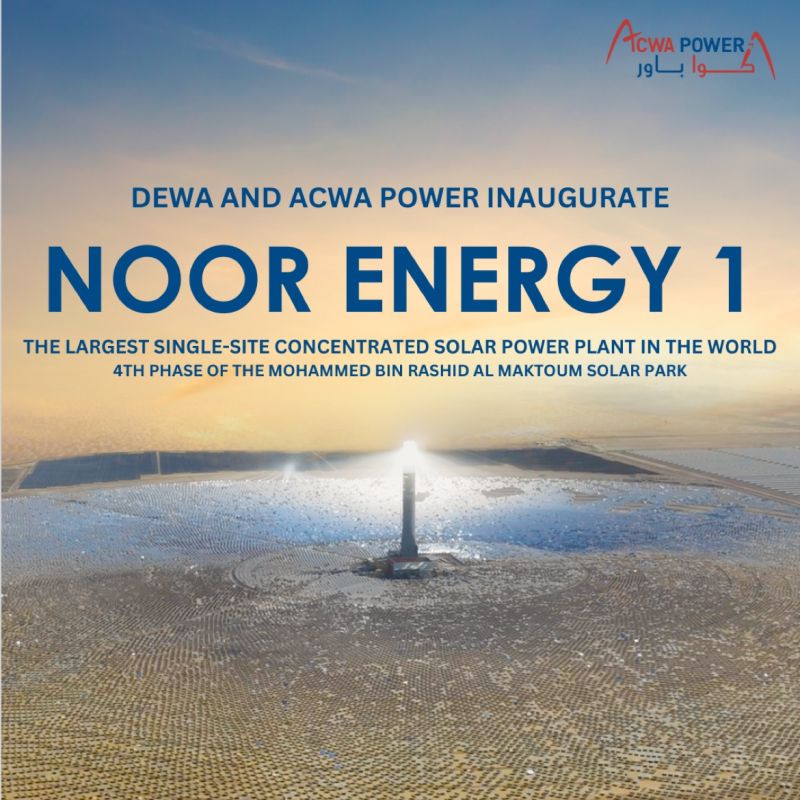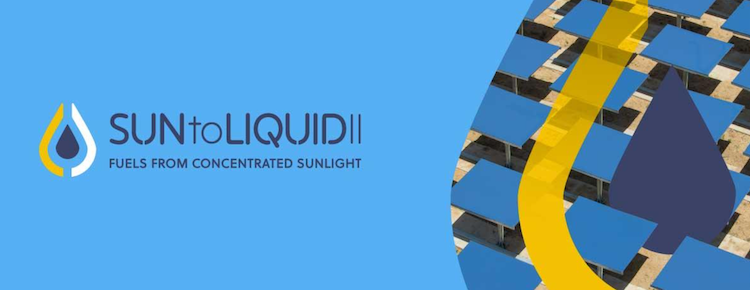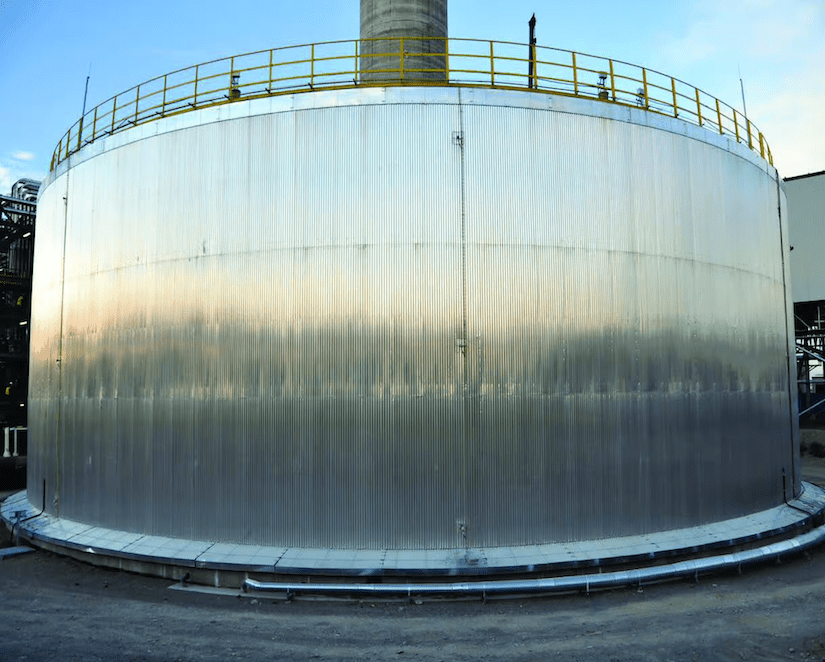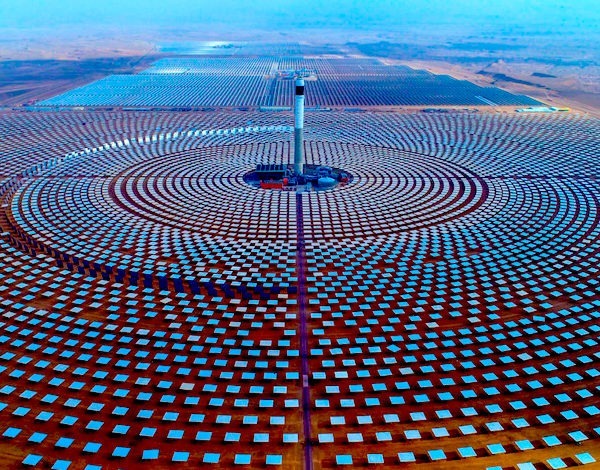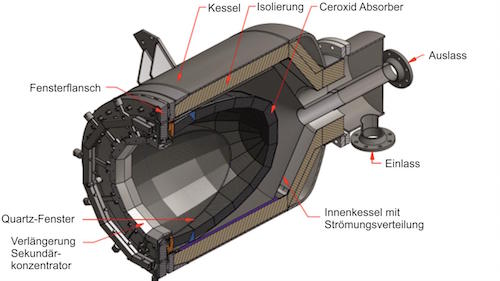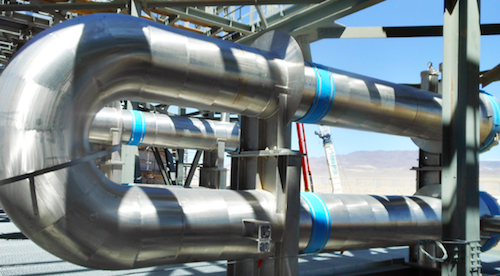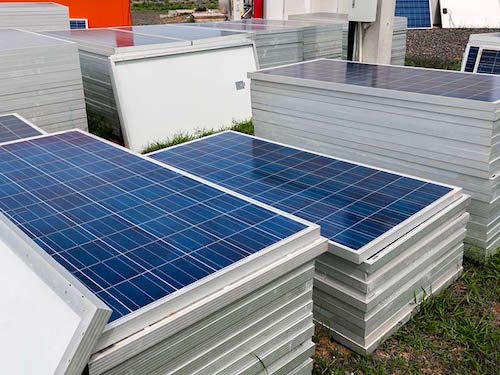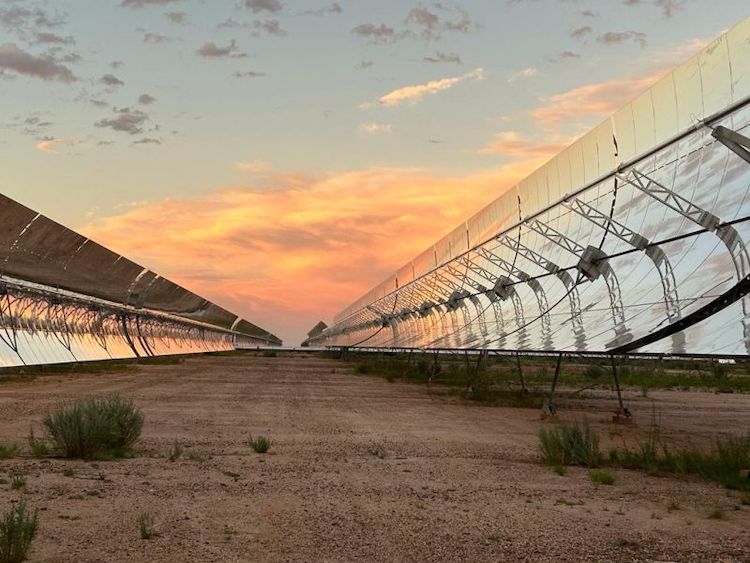
Abstract:
Recently, research and development on progressive and efficient hydrogen production methods has been paid lots of attention due to carbon-free feature of hydrogen. Application of nanoparticles to enhance an integrated solar-based hydrogen production unit is suggested and investigated in this work. The integrated plant consists of parabolic trough collectors coupled with a Kalina cycle for electricity generation to be consumed in a polymer electrolyte membrane electrolyzer for hydrogen production. The system performance is apprised for nanofluid as the heat transfer media for solar collectors and is compared with the pure basefluid case. Thermal model for parabolic trough collectors as well as thermodynamic models for Kalina cycle and electrolyzer are developed and validated. Also, thermo physical properties of nanofluid is assessed based on volume fraction of the nanoparticles. Parametric analyses are implemented for system performance assessment in which influence of design variables related to solar collectors, nanoparticels as well as the Kalina cycle are appraised. The effect on the hydrogen rate and solar-to-hydrogen exergy efficiency of design variables are comprehensively examined and discussed. According to the obtained results, the is found to be 9.19% for the case with basefluid (without nanoparticles), whereas it can be improved to 9.63% with employment of 5% volume fraction of CuO nanoparticles. Such an efficiency improvement is due to the increment of hydrogen production from 0.669 kg/h to 0.702 kg/h using CuO-based nanofluid.
Ju, Y., Abdalla, A. N., Wang, S., Hai, T., Wei, H., & Wang, M. (2024). Exergetic evaluation of the effect of nanofluid utilization for performance enhancement of a solar driven hydrogen production plant. International Journal of Hydrogen Energy, 52, 302-314. https://doi.org/10.1016/j.ijhydene.2023.01.204






